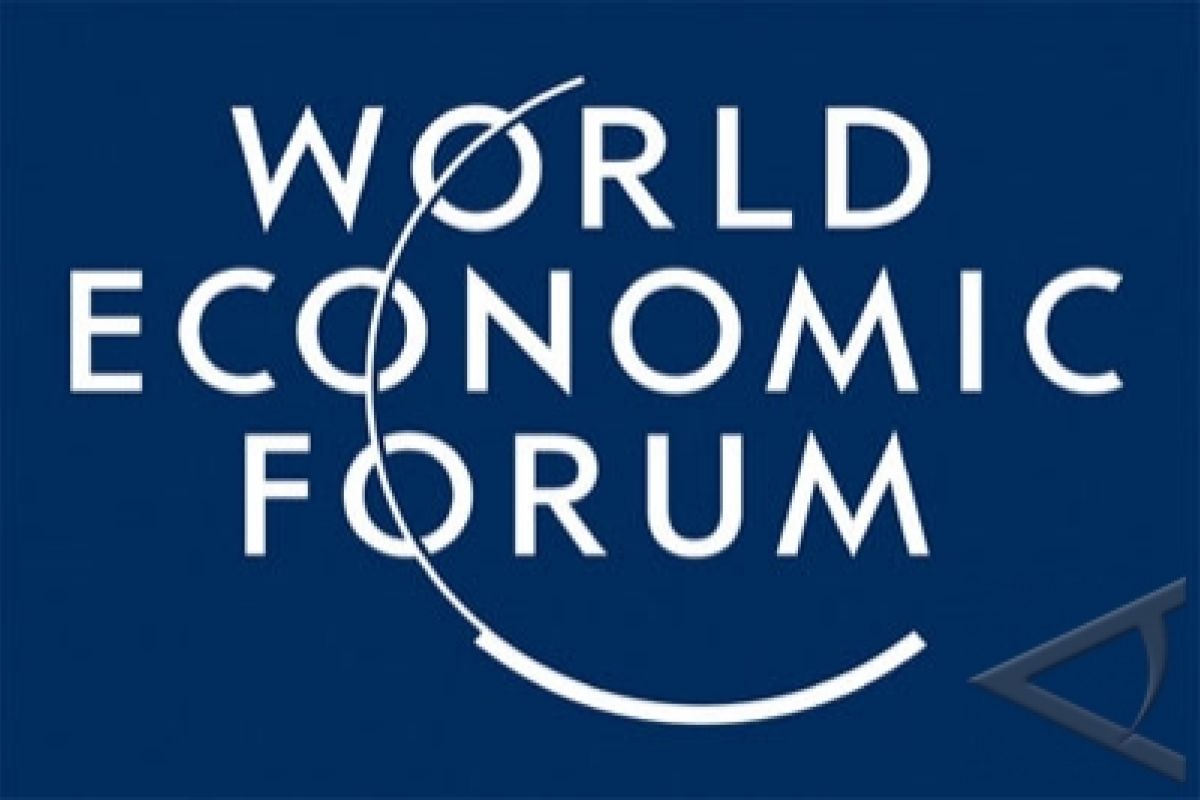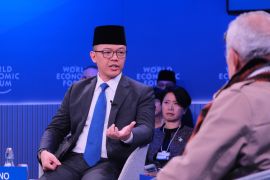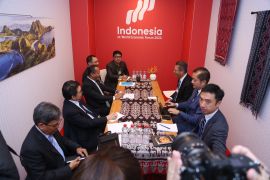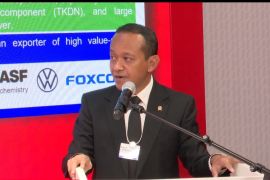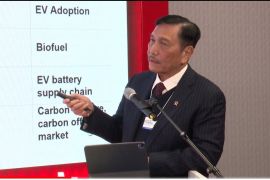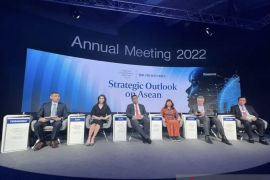"What I think is still lacking in varying degrees is a sense of urgency. We have four and a half years to go and we have a long way to go," Rajat M. Nag, Managing Director-General, Asian Development Bank, said in a plenary session on "Inclusive Asia: Reinvigorating the Millennium Development Goals" here Monday.
Nag said an estimated US$ 8 billion a year is needed to help 14 of Asia`s least-developed countries meet the MDG goals. He pointed out that, in recent years, non-traditional donors like China, South Korea and Brazil are stepping up, reflecting the rebalancing of the world economy. "China is the major financier of infrastructure in Africa right now," he said.
A press statement of the WEF here Monday quoted Indonesiam Vice-President Boediono as saying that his country has met the targets of halving extreme poverty and improving gender equality, and is moving in the right direction on health but still working on areas like maternal health, HIV/AIDS and the environment.
He added that the government had announced plans to reduce its greenhouse gas emissions by 26% by 2020 while maintaining the economic growth rate at 7%.
Boediono called for greater public-private partnerships and an increase in trade and investments to help the country achieve the remaining goals.
Jeffrey D. Sachs, Director, The Earth Institute, Columbia University, USA, and Special Adviser to the UN Secretary-General on the Millennium Development Goals, blamed part of the problem on the crisis facing the traditional Official Development Assistance, with some OECD countries not living up to their commitments.
Sachs said the US has made a "profound mistake" in this regard, the WEF`s press statement said.
"We invest 25 times more in military than we do in development assistance. We are not going to get the kind of outcomes that we need for a safer world. We invest more in bonuses on Wall Street even after the financial collapse than we do in development assistance," he added.
Among the eight MDG goals are the halving of the proportion of people living on less than US$ 1 a day; achieving decent employment and universal primary education; reducing child mortality rates and improving maternal health; combating HIV/AIDS; and protecting the environment.
Nag said an estimated US$ 8 billion a year is needed to help 14 of Asia?s least-developed countries meet the MDG goals. Sachs pointed out that, in recent years, non-traditional donors like China, South Korea and Brazil are stepping up, reflecting the rebalancing of the world economy. "China is the major financier of infrastructure in Africa right now," he said.
The 20th anniversary World Economic Forum on East Asia is taking place in Jakarta, Indonesia, on 12-13 June 2011. Under theme ?Responding to the New Globalism?, the meeting is convening more than 600 top regional and global leaders from over 40 countries.
The programme is built on four sub-themes: Managing Global Disruptions, Ensuring Employment and Inclusive Growth, Leading through Sustainability and Exploring New Norms in Asia.
The programme focuses on how governments, businesses and civil society in Asia will have to forge new, collaborative efforts to capitalize on the region?s dynamism while addressing interlinked challenges such as inflationary pressures, threats to food security and complexities associated with massive urbanization.
The Co-Chairs of the World Economic Forum on East Asia are: Karen Agustiawan, President Director and Chief Executive Officer, Pertamina (Persero) of Indonesia; Dominic Barton, Worldwide Managing Director, McKinsey & Company of the United Kingdom; Stuart T. Gulliver, Group Chief Executive Officer, HSBC Holdings of the United Kingdom; Paul Polman, Chief Executive Officer, Unilever of the United Kingdom; Prashant Ruia, Group Chief Executive, Essar Group of India; and Sehat Sutardja, Chairman, President and Chief Executive Officer, Marvell Technology Group of the USA.
(Tx.F001/HAJM/F001)
Editor: Priyambodo RH
Copyright © ANTARA 2011
